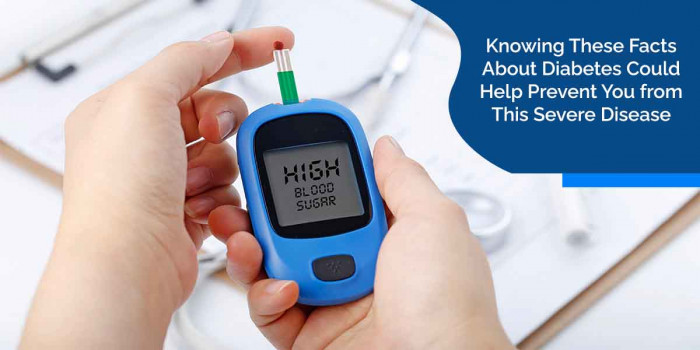Emotional Abuse: Signs, Types, Risk Factors, Impact & Ways to Overcome
Understand the signs of emotional abuse, its types, and effective ways to control it to lead an emotionally sound and healthy life.
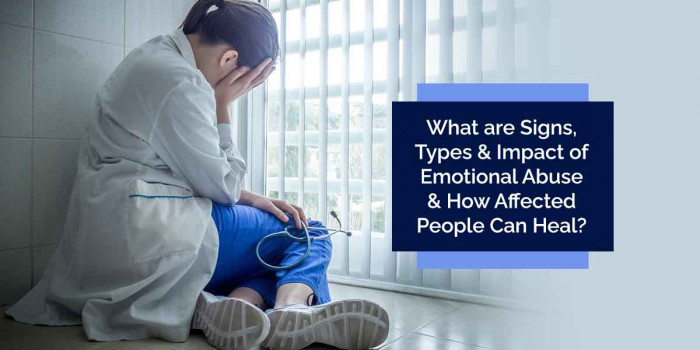
The majority of people have become a part of emotional abuse once in their lifetime. In general, emotional abuse is when there is a consistent pattern of abusive words that challenges a person’s self-esteem and mental health.
Emotional abuse is the most common thing when a person is in a relationship, is dating, or is involved with family members. Unfortunately, several people who have been abused don’t have the guts to speak about their brutal experiences. Emotional abuse is destructive like abuse and could lead to suicide attempts, depression, and other severe problems.
If you doubt yourself or are scared when you are talking to another person, you might be experiencing emotional abuse. The abuser’s goal is to undermine a person’s feelings and independence. Let us delve deeper and understand what emotional abuse is, its types, and its signs.
What Do You Understand by Emotional Abuse?

Emotional abuse, or better known as psychological abuse, is a behavior that damages a child’s sense of self-worth and negatively affects emotional development. Understanding emotional abuse is sometimes difficult for many reasons.
For instance, there is no proper definition of emotional abuse. Also, several names are used interchangeably to refer to the abuse, including violence, mental abuse, and psychological abuse.
This kind of abuse is physical but might include intimidation, humiliation, insults, silent treatment, and aggression. Emotional abuse is about control and manipulating the child by using hurtful actions.
Emotional abuse is similar to physical abuse. The only difference is in emotional abuse; the person is not hit, grabbed, punched, or pushed. The victim of emotional abuse doesn’t know that he/she is being abused. Rather, the person feels insecure whether his/her partner loves him/her or not.
Types of Emotional Abuse
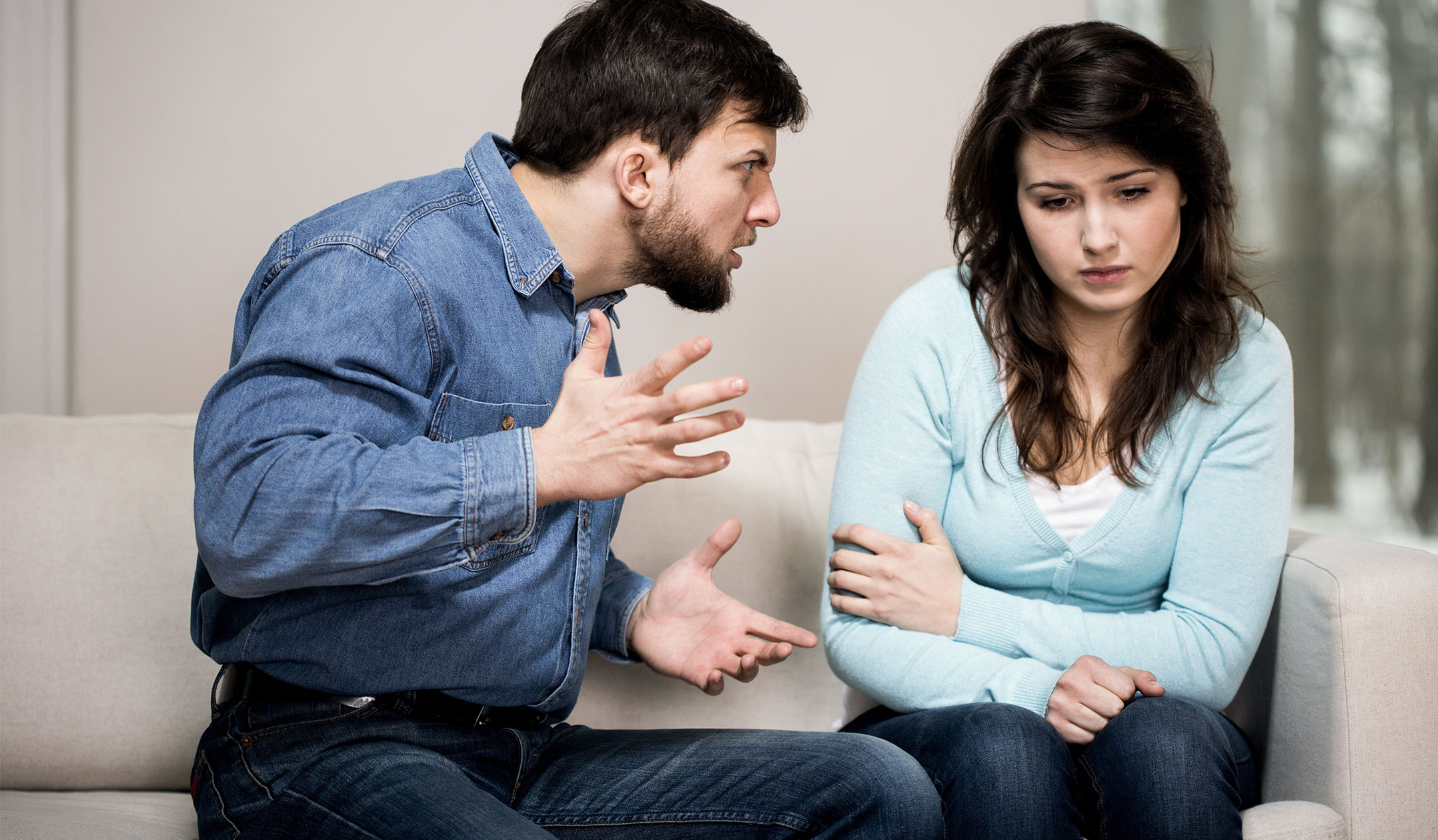
Not all abuse you experience is physical. However, emotional abuse is the most damaging form of child abuse. Here are other types of physical abuse based on situations and relationships.
1. Rejection
Parents who show rejection behavior towards a child often let a child know about this in several ways. Taking the child’s need as granted are some ways emotional abuse may be experienced. Other examples of rejection could be telling a child he/she is worthless or asking to leave the house.
2. Ignoring
It is observed that adults who have emotional needs don’t usually respond to the needs of their children. They do not provide positive nurturing and might not show interest in the child. Children also notice that their parents are physically present but are not emotionally available.
They do not refuse a child’s interest in their schooling, emotional needs, peers, or health care. Furthermore, they try to convince you that you are wrong, and they are right. They always try to correct your behavior.
3. Terrorizing
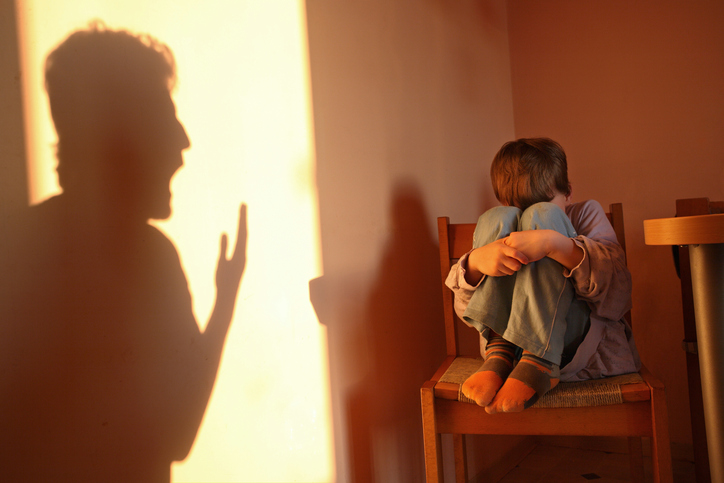
Parents who curse are doing psychological damage to their children. Punishing or scolding them is a kind of abuse. Also, threatening a child or showing extreme reactions, embarrassing information, and verbal threats are considered under terrorizing abuse.
4. Isolating
Abusing a child through isolation, preventing the child from engaging in activities with peers, keeping the child in a room, or not allowing the child to participate in extracurricular activities comes under isolation abuse. Other common examples of isolation abuse are not allowing a child to maintain friendships, leaving a child unattended for a longer period, and serious punishments for bad child behavior.
5. Corrupting
Anyone allowing children to use drugs and alcohol, watching sexual content, or participating in criminal activities like gambling, prostitution is abusive and should be revealed and reported. Using a child for wrong actions or encouraging them for unethical behavior falls under corrupting abuse.
Impact and Risk Factors of Emotional Abuse
Several risk factors are associated with abusive behavior. Also, emotional abuse is a form of physical abuse that is sometimes experienced together. Risk factors for emotional abuse may include relationships, socioeconomic status, security, or community trust.
Experiencing emotional abuse could lead the victim to be socially isolated, dealing with financial stress, experiencing jealousy, mental illness, and poverty.
The impact of childhood can give bad experiences till you turn into an adult. A child believes that they could be responsible for the abuse and they are unwanted. Let us know the long-term effects of emotional abuse and bad behavior.
1. Suicide or mental illness
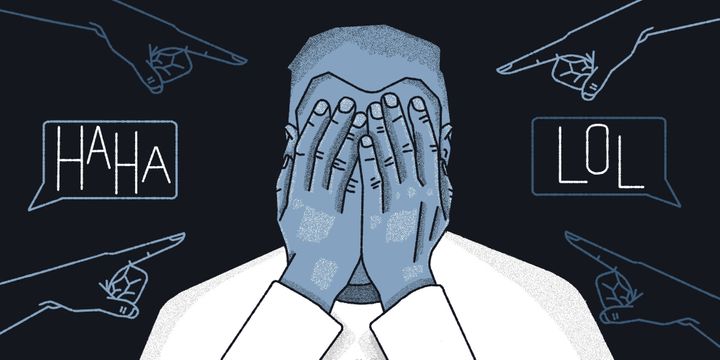
People who have experienced emotional abuse as children are likely to get diagnosed with mental illnesses like anxiety or depression when they turn into adults. They are at higher risk of attempting suicide.
2. Social problems
Experiencing emotional abuse during childhood is linked to sexually aggressive behavior in adults. Also, those who are abused as children are more likely to abuse their kids than people who do not have experienced abuse.
3. Attachment issues
Attachment issues during childhood are linked to insecure attachments in adulthood. They might be at the risk of trouble with intimacy, relational aggression, and risk of poor relations. Emotional abuse not only negatively impacts individuals but also affects society as a whole.
How to Overcome or Heal from Emotional Abuse

Sometimes becoming a victim of emotional abuse is the worst experience one could ever experience. Here’s how you can heal from emotional abuse and could help anyone facing the same.
1. Write everything on paper
Experts recommend people to write their experience, bad or good, on paper. Write what you did, how you feel, what you were asked, and what you said on paper. Keeping a record of your life could help you look back when you doubt yourself.
2. Don’t blame yourself

Believe that it is not your fault if something wrong happens. Not everything is about you. Sometimes it is the abuser who controls you. Remind yourself that it is not your mistake, and you can’t blame yourself for the things you can’t control. Take responsibility for your actions and accept them.
3. Love yourself and take help when needed
When you accept your mistakes, you can focus on your positive traits. Be gentle to yourself and realistic about your shortcomings. However, know your strengths as well. Do not feel shy about taking help from others. See the therapist get better. By talking to the therapist, you can manage stress, phobias, anxiety, and other mental problems.
Therapy could be the best treatment for emotional problems. Talking about your thoughts with a person could make you feel better. Remember that you don’t have to go through abuse to talk to a therapist. Several people take therapist advice for their everyday concerns like stress or relationship problems. Just ensure that you choose the right therapist or someone you can trust and could make better changes in your life.
Medication is also another way to overcome emotional abuse, but it might come with side effects. On the other hand, therapy could be time-consuming but provide long-lasting benefits.
4. Forgive freely and help others

Everyone makes mistakes. The best step to move forward is by forgiving yourself and others. Understand that not everyone is perfect. Being you is the best way to move on with your life.
Forgiving others might take time and effort, but it makes you strong from the inside. Also, it let go of the burden, pain, and unresolved emotions. It lets you reduce stress, improve better sleep, and reduce anxiety.
5. Learn and move on
If you make mistakes, learn from them and move on. Don’t let yourself fall into bad habits. Improve yourself and move forward. Learn the lesson you experienced in the tough times and forget the past. Remember, you can’t start a new chapter of your life if you re-read the last one.
Change your mindset and focus on what life is. Do not think about the negative things that had occurred in the past, like heartbreak or someone you loved and lost. Set goals for yourself and put your best to achieve greater things in life.
Final Words
Physical abuse is seen as more serious than emotional abuse. But this is not the case. The scars and bad memories of abuse remain forever. Sometimes becoming a victim of abusive behavior leaves you depressed. Here are some signs that could help you to know if a person is suffering from depression. Also, we have mentioned ways on how to overcome depression for sound mental health.
Do not try to impress anyone and make decisions based on your situation. Remember, no matter how good you are, you will always find people who won’t like you at all.
Have you ever experienced emotional abuse? How did you overcome it? Share your thoughts below.
Popular Posts
10 Amazing Lessons You Should Learn From Mr Olympia Jeremy Buendia
Jeremy Buendia is an fitness inspiration for people from all over the world, there is a reason why he has been so successful at what he has been doing. Don’t look for the reasons take some lessons from the fitness sensation right here, that can change your lives.
Ethan Stephans
Why Are Pubic Hair Thicker Than Body Hair?
As children we always had several questions about our bodies, which were alien to us, this post is to serve a decade-long curiosity of young boys/girls about their pubic hair and its texture.
Augustus Perez
7 Sleeping Tips That Every Woman Should Follow During Pregnancy
Pregnancy is not easy. Pregnant women experience a lot of changes in their bodies, like increased stomach size, frequent urination, and sleeping discomfort.
Still Unfold






